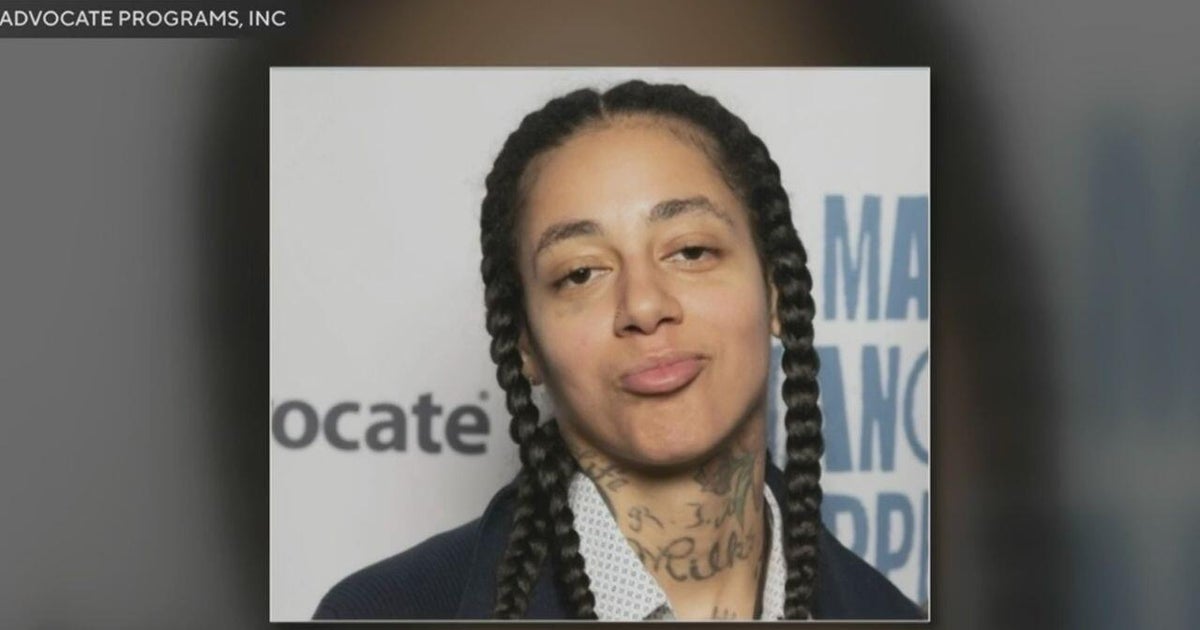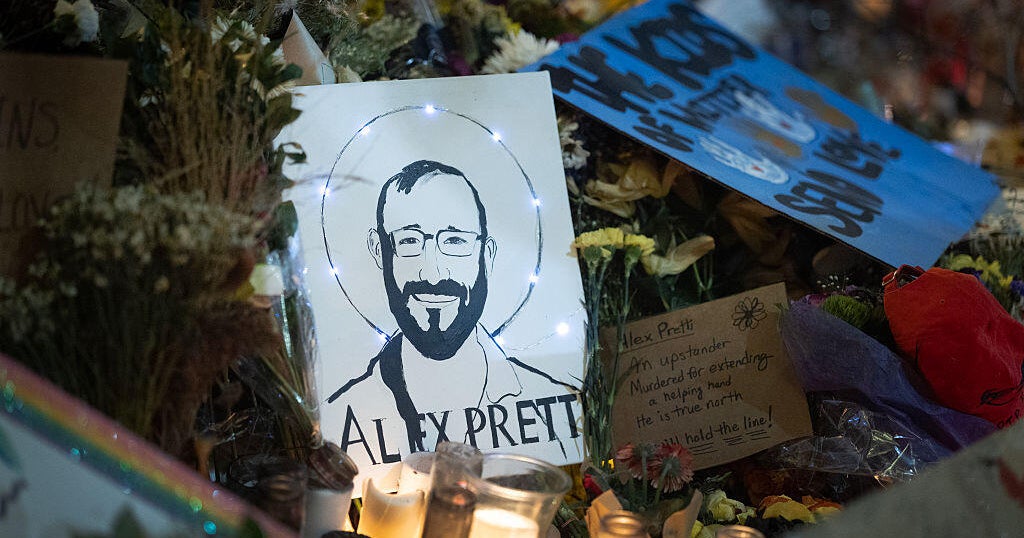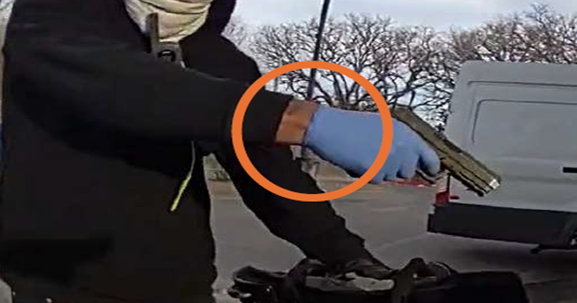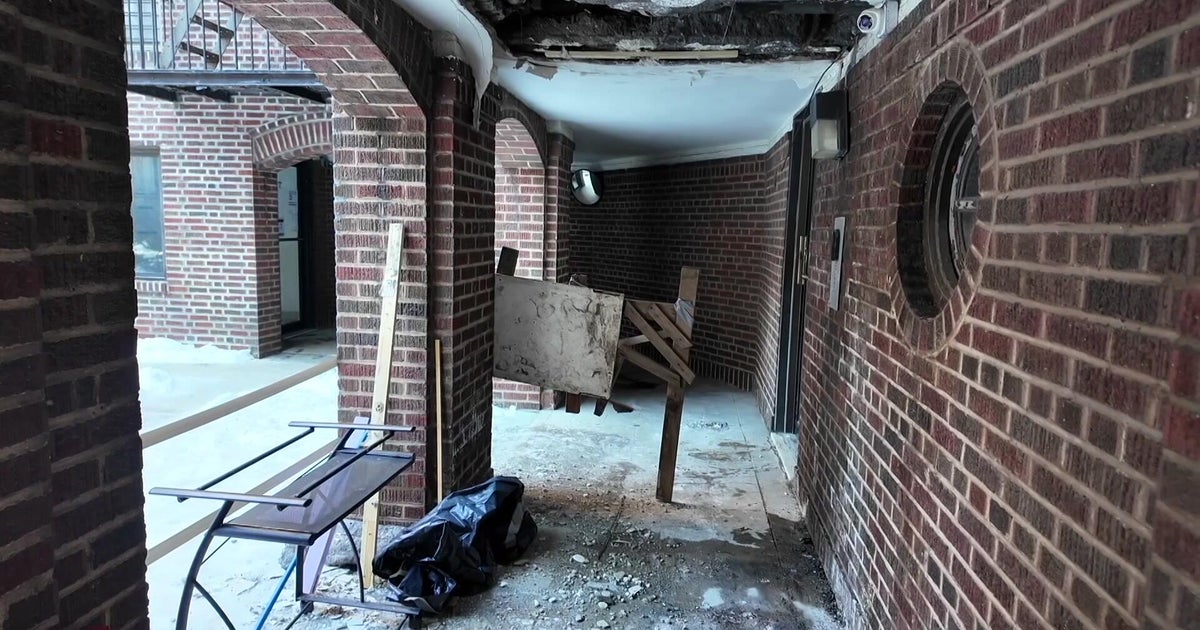Ohio House Speaker, Four Others Arrested In $60 Million Bribery Case
COLUMBUS, Ohio (AP) — The powerful Republican speaker of the Ohio House and four associates were arrested Tuesday in a $60 million federal bribery case connected to a taxpayer-funded bailout of Ohio's two nuclear power plants.
Hours after FBI agents raided Speaker Larry Householder's farm, U.S. Attorney David DeVillers described the ploy as likely the largest bribery and money-laundering scheme that had "ever been perpetrated against the people of the state of Ohio."
Gov. Mike DeWine, also a Republican, called on Householder to resign immediately, saying it would be impossible for him to be an effective legislative leader given the charges against him. The head of the Ohio Republican Party, the state attorney general and the Senate president also urged Householder to step down. The leaders of the House Republican Caucus called the allegations shocking but stopped short of asking Householder to resign.
Householder was one of the driving forces behind the nuclear plants' financial rescue, which added a new fee to every electricity bill in the state and directed over $150 million a year through 2026 to the plants near Cleveland and Toledo.
Also arrested were Householder adviser Jeffrey Longstreth, longtime Statehouse lobbyist Neil Clark, former Ohio Republican Party Chairman Matthew Borges and Juan Cespedes, co-founder of The Oxley Group, a Columbus-based consulting firm.
Previous attempts to bail out the nuclear plants had stalled in the Legislature before Householder became speaker. Months after taking over, he rolled out a new plan to subsidize the plants and eliminate renewable energy incentives. The proposal was approved a year ago despite opposition from many business leaders and the manufacturing industry.
Investigators said Householder controlled Generation Now, a group that received $60 million from an unidentified company over the past three years. In exchange, Householder and the other defendants worked to pass the nuclear plant bailout and block attempts to overturn it, according to a criminal complaint filed by the FBI.
The group was charged as a corporation in the case.
Householder and the others used the money to preserve and expand his political power, the complaint said. Almost $100,000 was used for Householder's 2018 campaign, and more than $100,000 paid costs at the speaker's Florida home, according to the complaint.
The amounts increased once the legislation was introduced, and after it was signed into law, roughly $38 million was wired into Generation Now accounts to defeat an effort to put a repeal of the bailout law on Ohio's ballot, the complaint said.
A former spokesman for the effort declined to comment.
One of the defendants said the money was "unlimited," while another referred to it as "Monopoly money."
All of the defendants made brief appearances at a federal court hearing in Columbus. A magistrate judge released them on their own recognizance, with travel restrictions and orders to give up any weapons and their passports.
Householder, wearing jeans and a T-shirt and wearing a mask despite previous refusals to don one, walked out of the courthouse to a crowd of protesters calling for his resignation. He could not be driven away until police intervened, including arresting one protester.
After the court hearing, the state's Republican elections chief announced that he had referred 19 potential campaign-finance violations to the Ohio Elections Commission based on allegations in the complaint, including converting campaign funds for personal use.
FirstEnergy Corp., whose former subsidiaries owned the plants, donated heavily to Householder's campaigns and his backers in the Ohio House. The utility's political action committee contributed $25,000 to Householder's campaign in 2018, according to an analysis by Common Cause Ohio, a government watchdog.
Householder flew to President Donald Trump's inauguration on the company's plane in 2016. Just months later, Householder began receiving quarterly payments of $250,000 from the unidentified company sent through Generation Now, the complaint said.
The group then spent millions backing Ohio House candidates who would back Householder's bid for speaker and support the bailout legislation.
FirstEnergy Solutions, the subsidiary which has since changed its name to Energy Harbor, now operates the nuclear plants as an independent company. It spent millions on lobbying and campaign contributions while trying to persuade federal and state officials to give the nuclear plants a lifeline.
FirstEnergy Corp. said it in a statement that it received subpoenas Tuesday in connection with the investigation and intends to cooperate.
A message seeking comment was left with attorney Dave Thomas, who was representing both Householder and Longstreth.
Borges has increasingly been on the outs with the Ohio Republican Party establishment since it was taken over by devotees of President Donald Trump. He was recently censured by the party's central committee, including for helping launch a PAC in June to turn out GOP voters for Democratic presidential candidate Joe Biden. Borges' attorney declined to comment.
Clark is one of Ohio's best connected lobbyists, representing a high-powered stable of clients from the pharmaceutical, gambling and alcoholic beverage industries, among others. His attorney, Will Ireland, said he did not "see any culpability" in the case.
Cespedes is a former investment officer with the Ohio Treasurer's Office who was appointed by then-Gov. John Kasich as commissioner for the Ohio Civil Rights Commission, where he oversees efforts to stop discrimination. His term ends July 29. Cespedes' attorney, Mark Collins, said he was still reviewing the 82-page affidavit.
Householder is a veteran state lawmaker in his second stint as speaker. He held the same position from 2001 to 2004. He left state politics more than a decade ago because of term limits and returned in 2016 and took up a contentious fight to win back the chamber's top job.
At the time he left office, he and several top advisers were under federal investigation for alleged money laundering and irregular campaign practices. The government closed the case without filing charges.
(Copyright 2020 The Associated Press. All rights reserved. This material may not be published, broadcast, rewritten or redistributed.)







